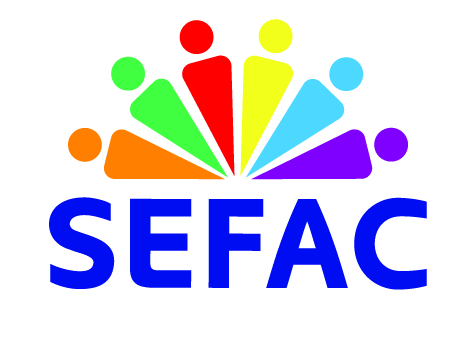Interview with Siok Swan Tan – Department of Public Health, Erasmus MC
What is the project about and what is the challenge?
It is estimated that around 35% of women and 29% of men are affected by a chronic condition. Although numerous interventions to support the self- management of these citizens have proven to be effective, most of them focus on a specific chronic condition. Furthermore, cost-efficiency data regarding self-management programs are lacking and cross country comparisons of the effectiveness of these programs are required. To address these needs, we developed the Social Engagement Framework for Addressing the Chronic-disease-challenge (SEFAC) program.
The program aims to support the self-management of people who are around 50 years old and older who have a major chronic disease or who want to prevent chronic disease. The program is based on the Newquay Pathfinder Program run by Age UK Cornwall and NHS England, which is one of the most effective and efficient models for dealing with the chronic disease challenge by offering people-centred, community services. The program was adapted to address training mind and body for health and wellbeing, healthy habits and a healthy mindset. Using mindfulness and compassion-based interventions integrated with change behavior practices, citizens with a chronic condition will have the opportunity to change for good and to develop self-efficacy and positive attitudes towards health.
A unique feature of the SEFAC program is the application of the SEFAC app. Participants will be asked to download the SEFAC app on their mobile phone and use it as ICT support. The SEFAC app aims to improve behavioral change in lifestyle, making citizens healthier and at the same time more aware of the community as a resource, a target and an agent to adopt positive behaviors and a healthy life pattern.
Where will the project be implemented?
The program will be implemented in Rijeka (Croatia), Treviso (Italy), Rotterdam (The Netherlands) and Camborne/Redruth (The United
Kingdom). Using the learnings of this project, we hope to provide policy makers and public authorities with key points for action. The ultimate aim is to empower everyone to live the healthiest and most fulfilling lives possible.



